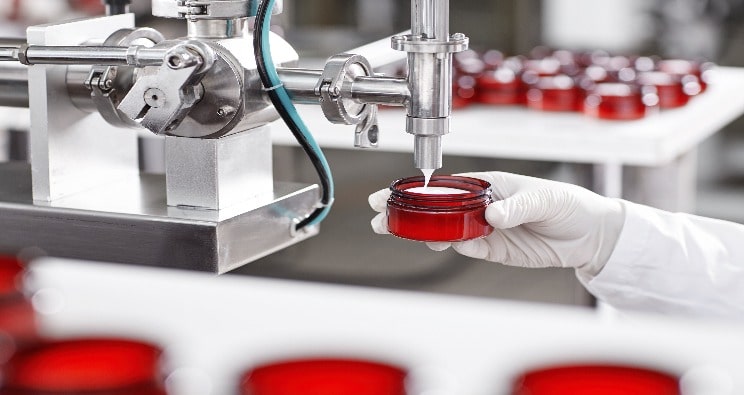Free Claims in Cosmetic Products: Regulations
What Do You Pay Attention to When Buying Cosmetics? What Do Cosmetic Product Claims Mean?

What Do 'Free From' Claims on Cosmetic Products Mean?
Free from claims are used to indicate that cosmetic products are free from certain harmful or questionable ingredients. These claims usually aim to minimize the negative effects of the products on the skin and emphasize that they offer a safer option to the user. Here are some of the most common free claims:
- Paraben Free: Parabens are chemicals used as preservatives in cosmetic products. However, some studies have suggested that paraben-free products are less irritating to the skin and may have negative effects on hormones. For this reason, the term “paraben-free” is commonly used.
- Sulfate Free: Sulfates are substances used in cleaning products to provide foaming. However, some sulfates can cause dryness and irritation on the skin. “Sulfate-free” is a feature that is generally recommended for sensitive skin.
- Silicone Free: Silicones are ingredients that add smoothness and shine to products. However, some users argue that silicones can build up on skin and hair and can have negative effects in the long run.
- Alcohol Free: Alcohol is used as a solvent or antiseptic in some cosmetic products, but in high concentrations it can cause dryness and irritation on the skin. Alcohol-free products are generally preferred by people with sensitive skin.
- Free from Animal Destruction: This statement indicates that the products have not been tested on animals. Vegan and cruelty-free products stand out as an important ethical choice.
Within the scope of the “Guideline on Claims of Cosmetic Products” prepared by the Turkish Medicines and Medical Devices Agency, what to do about “Does Not Contain” claims is specified.
As stated in the said guideline, cosmetic companies cannot claim to be free of ingredients that are already banned under the “Cosmetics Regulation”. Apart from the prohibited ingredients, for example, a company claiming to be “formaldehyde-free” should not include other ingredients that may reveal this ingredient.
Apart from these, cosmetic companies must prove their “free” claims through tests and analyzes. As a result of testing in accredited laboratories, cosmetic companies may include “free of” claims on packaging in accordance with regulations and guidelines.
Reliability of 'free from' Claims
“Free from” claims on a cosmetic product can sometimes be misleading. It is especially important to check the accuracy of claims on labels. Here are some points to consider about the reliability of these claims:
- Scientific Support: For “free from” claims to be credible, manufacturers must have scientific data to support these claims. For example, it is important that a product that says “paraben-free” is supported by analysis reports confirming that it does not contain paraben.
- Tests and Certificates: Claims such as “sulfate-free” should be backed up by independent testing of the product. In addition, some products should obtain relevant certifications (e.g. Leaping Bunny or Vegan Society) to indicate that they are vegan or not tested on animals.
- Ingredient Lists and Transparency: The ingredients used in cosmetic products should be listed transparently. If a product claims to be “free from”, there should be an ingredient list and analysis report to confirm that this claim is true.
Nanolab Laboratories Group continues to provide services within the scope of 'Does Not Contain' Claims in Cosmetic Products. We also provide services on Siloxane (D4, D5, D6) Analysis in Cosmetics.
Contact us for more information.
You can follow us on LinkedIn for up-to-date news and posts about our services.
Follow our Instagram account to be informed about our latest blog posts.

